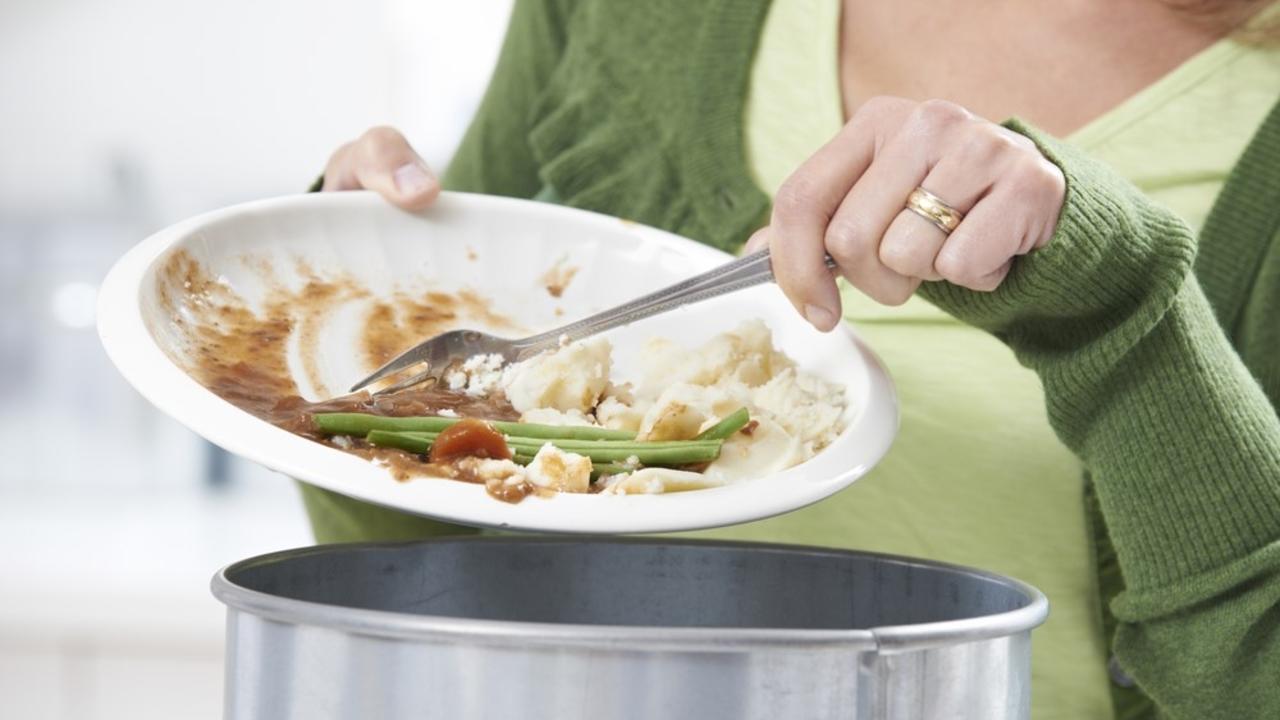Decreasing Food Waste

What is food waste?
Food waste is edible portions of food that are thrown away or allowed to go bad. On an individual level, this may look like the crusts of your sandwich that you cut off, that last bit of pasta you couldn’t finish, or the cheese in your fridge that got mouldy over time. On a larger scale, food waste includes food that spoils during transportation, crops that are too “ugly” to make it to the market, uneaten portions of food at restaurants, and large quantities of expired waste that is thrown out at retail locations. The term food waste does not include inedible parts of your food such as peels, rinds, and husks.
Environmental and social impacts of food waste
The issue of food waste is a significant one, as approximately one third of all the food produced for human consumption is wasted. This equals roughly 1.3 billion tonnes of wasted food. Not only is this an issue due to the fact that individuals are going hungry while this food is wasted, but food waste has a significant effect on the environment as well. For starters, agriculture and livestock requires thousands of litres of water, as well as pesticides and fertilizers.
When this food goes to waste, the water used to produce the food is wasted as well. Additionally, the damage done to the environment through the use of harmful chemicals will have been all for nothing. Food waste is sent to the landfill in most cases. What are the dangers of landfilling organic material? The anaerobic digestion of organic material in a landfill results in the production of methane, a greenhouse which has a global warming potential that is 25 times more powerful than carbon dioxide!
Reducing food waste on a personal level
There are steps you can take to reduce food waste on a personal level. When you are unable to finish a meal, packaging up the leftovers and planning to incorporate them into a future meal is a great way to avoid the trash can. Make sure to do regular fridge inventory checks to make sure that your leftovers don’t get pushed towards the back of the fridge and forgotten about. These inventory checks are also useful in making sure you eat your food before it goes bad. When it comes to grocery shopping, try creating meal plans so that you avoid purchasing food that you don’t need or don’t have a use for.
Reducing food waste on a larger scale
On a larger scale, food waste can be avoided through the creation of policies and initiatives that aim to reduce and prevent food waste. For example, France created a food waste law in 2016 that influences how grocery stores approach the issue of excess food. This law requires that excess food, which has been damaged or is nearing its due date, must be donated to food banks instead of sent to the landfill.
Another approach to food waste reduction is through the creation of businesses like Misfits Market which is a subscription box full of “ugly” or funny looking organic fruits and vegetables. These misfit produce items are just as nutritious as the ones sold in the grocery store and are sold at a discounted price. Not only does this subscription box help save good food from being wasted, it also makes organic food available at a more affordable price.
Global Food Loss and Waste Reduction Initiatives
Stay connected with news and updates!
Join my mailing list to receive the latest news and updates. Your information will not be shared.

